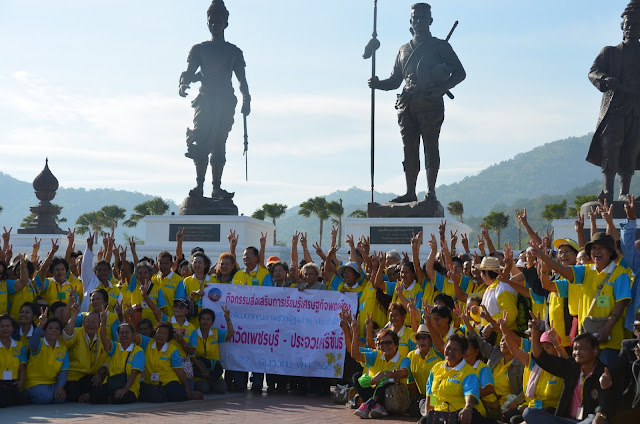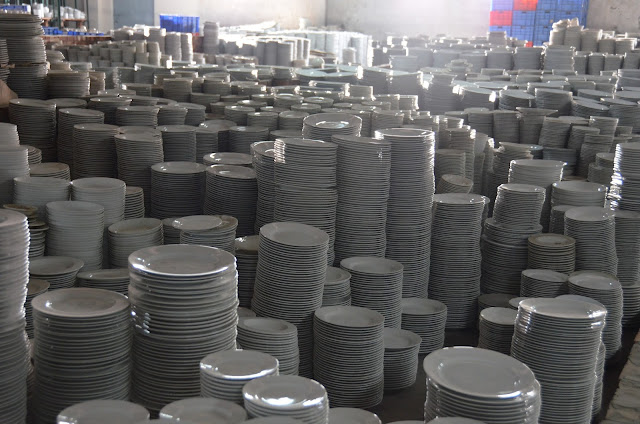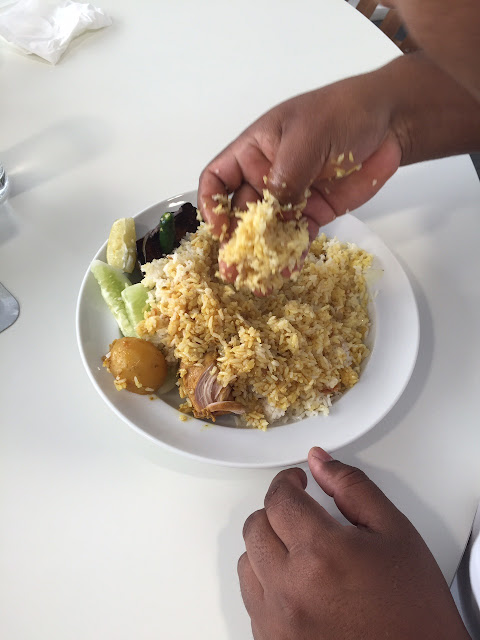A couple of hours flight took us to Thailand's Hua Hin for the holidays two weeks ago.
We had a little family reunion with 50 per cent of our descendants.
Thus, the observations are from Thailand. As usually, based on pure ignorance and highly personal experiences.
We stayed in the outskirts of Hua Hin, a royal beach resort.
The city was full of tourists, just like us, enjoying the warm climate, the beaches and the delicious food.


Our village, Khao Takieb, offered less alternatives and a quieter life, perfect after Dhaka's cacophony and craziness.
One thing I wondered: the land of the smiles.
Where were the smiles?
Many locals were indifferent, some even arrogant.
I have great understanding for people whose income depend on filing tourists' dirty nails or massaging their pink flesh. I wouldn't smile either.
But still, back in Dhaka this week I went to a local store and was drowned in personal service, jokes and laughter.


A couple of days in Bangkok showed that it's possible to create a functional infrastructure even in a huge city.
The most memorable experience were the waterways. We took an commuter express boat for people coming to and from work from the northern outskirts of Bangkok. For a euro or two one moves very - really very - fast along the rivers.

The boats are overcrowded and you have to be both fast and brave (I am none) getting on and offboard.

The boats are overcrowded and you have to be both fast and brave (I am none) getting on and offboard.
The King is very important in Thailand. No more comments.
The last day of this year will end quietly in this household. The authorities have decided that people in the city have to be at home latest at 8 pm on New Year's Eve.


























